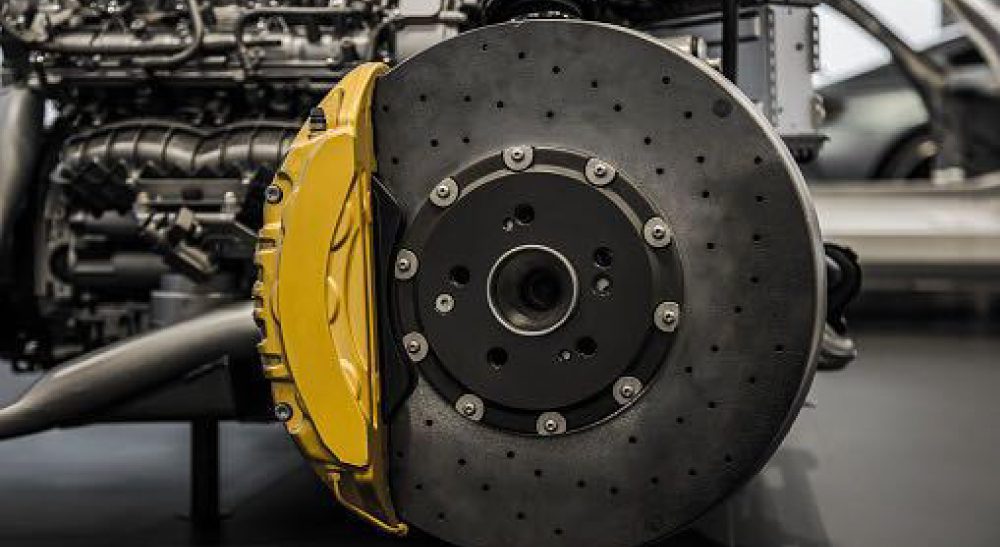Brakes are actually the most important safety feature of cars and must always be well-maintained. However, conventional brakes have certain limitations wherein they allow wheels to be locked by the driver and produce a loss of rolling traction. This is why engineers decided to create a better braking system for more safe driving.
The most popular one is the Anti-Lock Braking System (ABS) that was introduced in late-1960, and was further developed in 1971.

ABS helps the driver better control the vehicle in certain road conditions where heavy braking may be required. In vehicles without an anti-lock braking system, drivers who encounter slippery conditions need to raise the brakes so that the wheels are locked and not out of control. The anti-lock braking system adjusts the sensors and cycling activity of each wheel to adjust the braking pressure as needed so that all wheels operate in the same speed range.
And like other parts of the car, braking systems may fail at times due to lack of checkup, not knowing it is already worn out due to excessive usage.
An important sign that a new ABS may be needed is when the system happens to step in, even under normal operating conditions. If the wheels lock when braking on slippery roads, it means that the hydraulic braking system is working properly, but the ABS is not working properly.
Maintaining a well working brake system also means maintaining full safety of the whole driving experience.
Inspection of ABS is available at HEART Auto Care for a full braking system check-up to keep it in good working condition.
Set up a schedule through https://heartautocare.com/schedule-service/.





